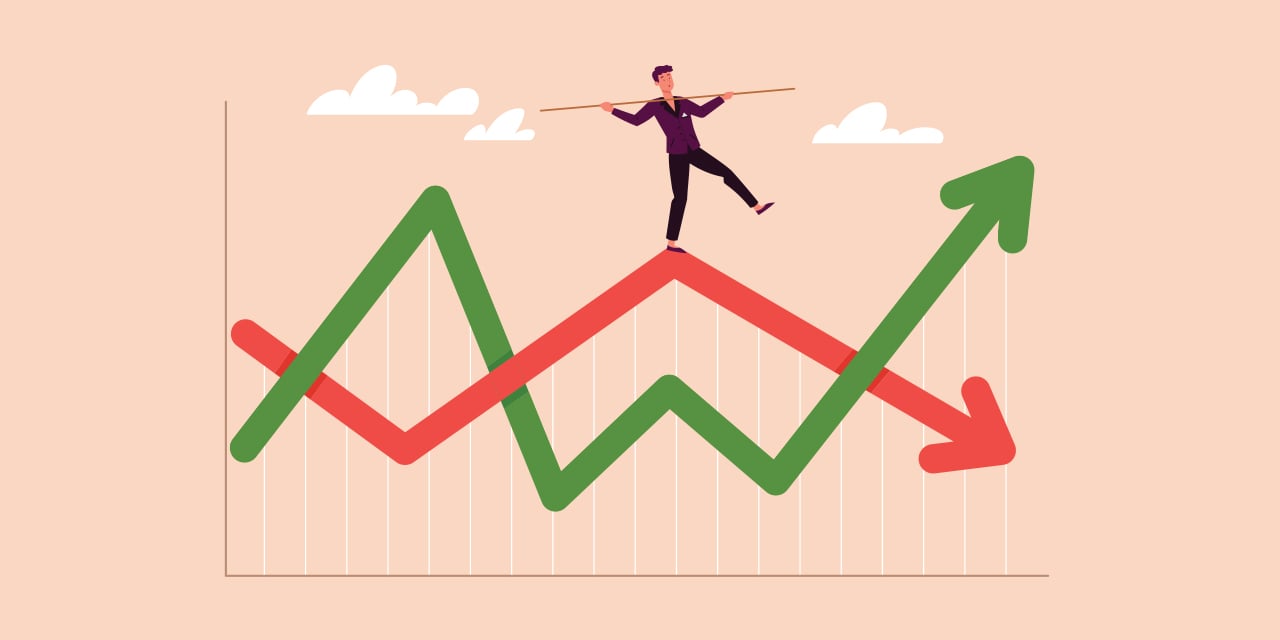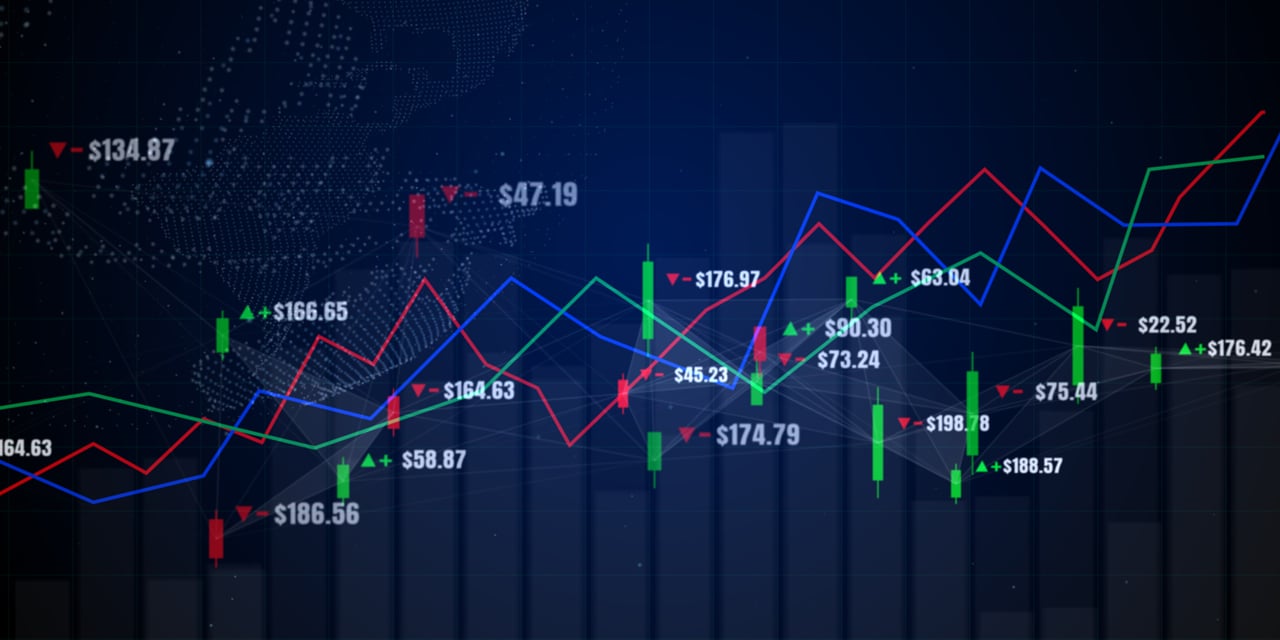
5 Actions You Can Take in the Event of a Recession
Few economic events can arouse emotion like “recession.” And rightly so – recession means job loss, negative growth, tumbling stock prices and more. But like market volatility, recessions are an unavoidable (and largely unpredictable) feature of our economy, which makes knowing what to do in the event of a protracted market downturn incredibly valuable – like taking medicine, it might not be pleasant, but it can be lifesaving. We spoke with Investment Strategy Analyst Ross Mayfield and Director of Portfolio Management Gail Tway on what you can do today to help batten down the hatches if things turn for the worse:
- Check your asset allocation. Recessions are volatile times for stocks, but trying to time their ups and downs is notoriously difficult – some of the market’s best performance occurs just before a recession begins and as it’s winding down. In fact, over the last fifty years (sans 2008), stocks actually average a positive return from the start of a recession to its end, despite massive selloffs in the middle. So instead of trying to deftly navigate the daily ins and outs of a volatile market, focus on what you can control and ensure that how you allocate your assets is appropriate for your risk tolerance and broader financial goals.
- Take the long view. Over the last 50 years, there have been seven recessions – yet the S&P 500 is up ~19,000% over that time frame anyway. Dollar-cost averaging, regularly contributing to savings plans, and focusing on longer-term financial goals are all prudent during periods of elevated volatility and fear. And for the longer-term investor, recessions can even be periods of opportunity – the average 10-year return from the start of a recession is over 140%. As the saying goes, time in the market beats market timing – even when the market seems bleak.
- Revisit your financial plan. We know a market in recession tends to take a long time to rebound – about 18 months on average, with the longest recovery taking five years. Investors should make sure they have the liquidity needed to withstand a lengthy and volatile recovery. Building up your financial reserves for emergency expenses in money markets and interest-bearing accounts can keep you from having to sell stocks when the economy is in a recession and equity markets are down. Decreased portfolio performance and asset values can impact all areas of your wealth management plan – from retirement planning to estate planning to education funding – so it’s worth reconsidering those decisions in the context of an extended market downturn.
- Think about building a ladder. One investment strategy worth considering is the bond ladder. If you’re able to ladder individual bonds so the amount that comes due every year matches your annual living expenses, you can create a cushion should markets get rough. This could allow the equity portion of your portfolio to be invested for the long term, giving stocks the ability to rebuild in value as the markets bounce back.
- Review any outstanding loans. Prioritize eliminating high-interest debt. Be wary of using your assets as collateral for a loan, as recessions can cause the value of financial assets to dip for a period of time. Leverage can be rocket fuel during good times, but a lead balloon during the bad. Along those same lines, for the well-prepared investor, a recession can present new possibilities – interest rates can drop, stock market values dip and assets like housing often get cheaper. As Sun Tzu wrote, “in the midst of chaos, there is also opportunity.”
To be well-positioned for opportunity, you must first be prepared. We believe investors with financial plans are more likely to make better decisions and are more confident in reaching their goals. Ultimately, this confidence is our best defense against the temptation to change course when markets go haywire. A Baird Financial Advisor can help you build a robust investment portfolio and financial plan to help you survive and thrive amid the inevitable ups and downs to come.
The information offered is provided to you for informational purposes only. Robert W. Baird & Co. Incorporated is not a legal or tax services provider and you are strongly encouraged to seek the advice of the appropriate professional advisors before taking any action. The information reflected on this page are Baird expert opinions today and are subject to change. The information provided here has not taken into consideration the investment goals or needs of any specific investor and investors should not make any investment decisions based solely on this information. Past performance is not a guarantee of future results. All investments have some level of risk, and investors have different time horizons, goals and risk tolerances, so speak to your Baird Financial Advisor before taking action.


